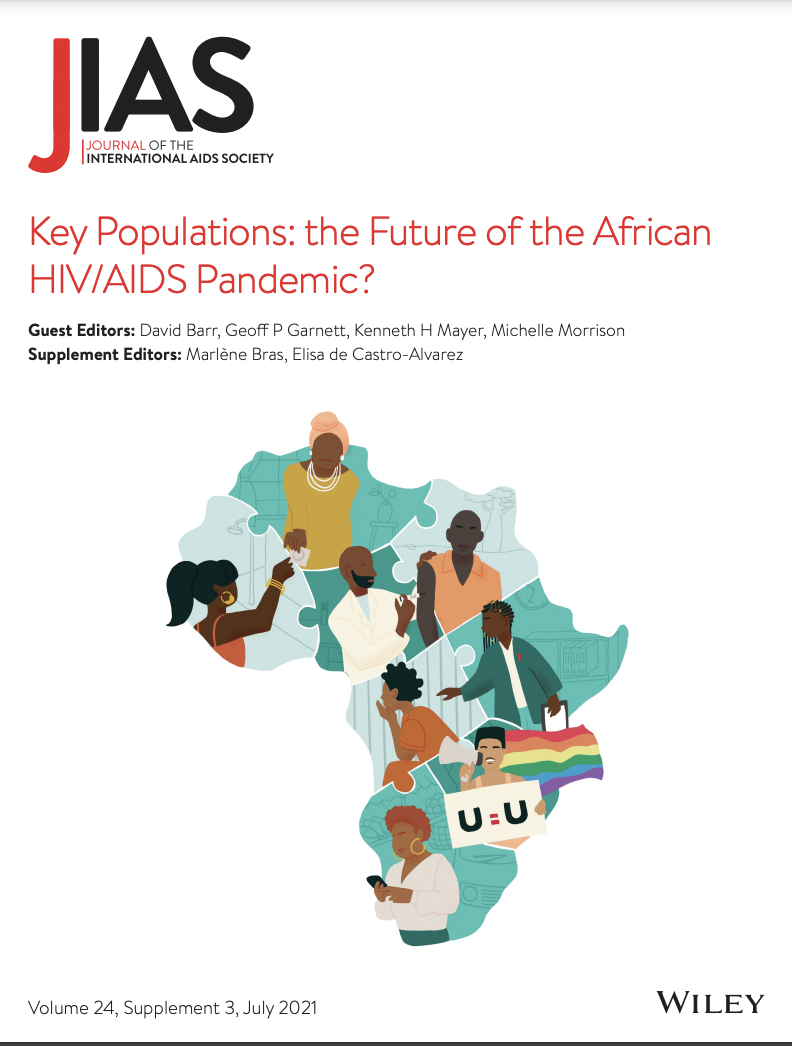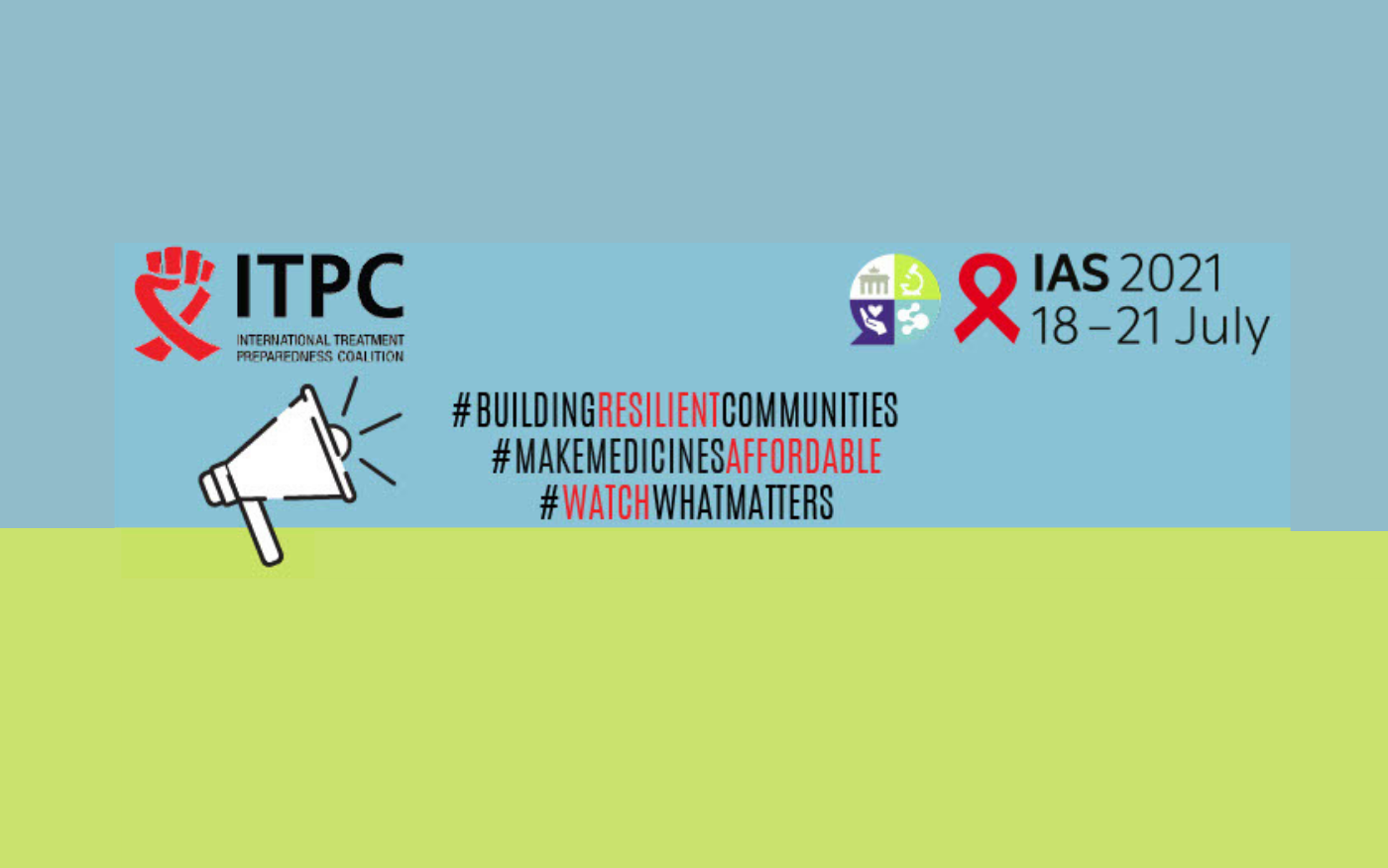The past three decades have demonstrated that communities of PLHIV are central to effective advocacy for health equity, and ensuring that the human rights of all people are recognized and upheld. In last month’s special issue of the Journal of the International AIDS Society, Helen Etya’ale and I, as well as Georgina Caswell, Vuyiseka Dubula, Solange Baptiste, Omar Syarif and David Barr, describe the history, current place in the HIV response and potential future role of PLHIV and communities in health responses.
In an article titled “The continuing role of communities affected by HIV in sustained engagement in health and rights”, we make the case that the leadership and engagement of communities of PLHIV will remain fundamental to continued effective service delivery, research and drug development, advocacy, social and political accountability, resource mobilization and social and human rights protection.

The implementation of various community-led monitoring mechanisms (e.g. health facility committees, citizen report cards, community report cards and community observatories) led to site- and systemic-level changes and improved healthcare access for PLHIV, as well as key and vulnerable populations. Through our Regional Community Treatment Observatory (RCTO-WA), PLHIV networks systematically collected quantitative and qualitative data across the HIV cascade through a specially designed model that included 103 indicators in areas such as viral load testing uptake, disaggregated by various factors (including age, sex and key population association) to achieve useful granularity. Coupled with advocacy, the RCTO led to, among others, the revision of the central pharmacy dispatching system in Senegal, adoption of a new differentiated service delivery policy in Sierra Leone and elimination of user fees for health services in Côte d’Ivoire.
When communities participate directly in research, including as partners with traditional academic researchers, their engagement as “co-creators” and subjects of research can play a critical role in improving the quality of research design and analysis. Communities can ensure that research is grounded in reality and lived experiences, sensitive to and supportive of participants involved and that the analysis is context-specific. But communities also devise and undertake high-value research of their own, further identifying the specific health and human rights priorities and challenges that must be addressed for improved HIV responses. Community-led research helps inform policy makers and programme planners about the experiences and needs of the communities that policies and programmes aim to reach, and the accessibility, affordability, quality and effectiveness of the services and policies they are delivering.
In 2018, Make Medicines Affordable catalysed an average price reduction of 67% across 15 target antiretroviral drugs in four middle-income countries, contributing to a total annualized financial benefit of over $300 million. Such advocacy has significantly impacted the affordability of diagnostics and medicines, reaching beyond HIV—and now carried over to medicines for cancer, diabetes, tuberculosis, hepatitis and, most recently, COVID-19 treatment and vaccine costs.
If individual and community engagement in health is key to good public health outcomes, then the HIV experience is the greatest example of such engagement. As the global public health infrastructure turns towards more integrated models to meet UHC goals and as the world copes with a new and deadly pandemic, the shape of the HIV epidemic in sub-Saharan Africa will shift to an epidemic that primarily affects key populations—with the work of PLHIV, peers and allies offering important lessons about how to treat people with dignity, improve health outcomes and defend human rights.
You can read the full article here.
Or check out the full publication here.
